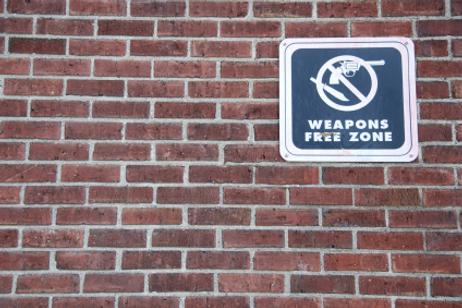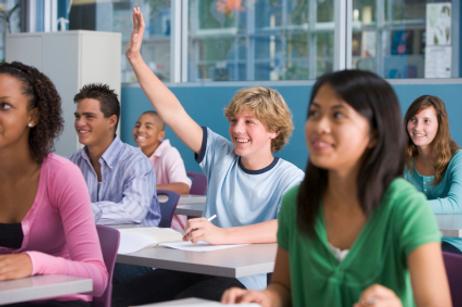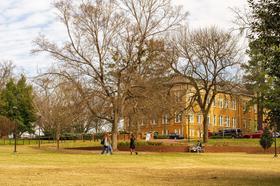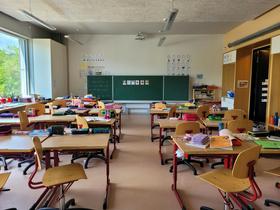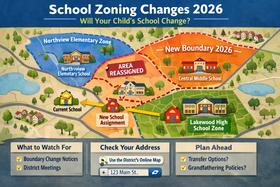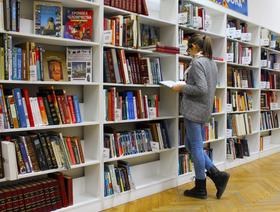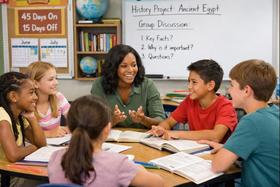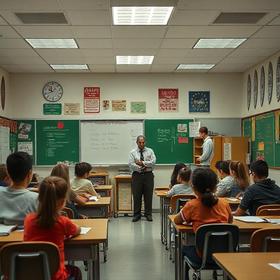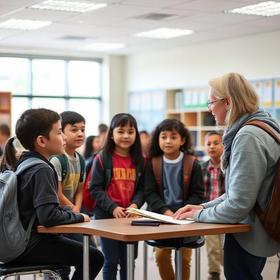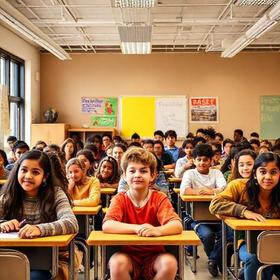When lists come out of the rich and famous, it is often assumed that these individuals were raised in an elite environment filled with private schooling and tutors to guide them on their path to success. However, many of the CEOs at Fortune 500 companies today came from much more humble beginnings – through the public school systems in their neighborhoods. If there was ever a doubt about how public school can launch students on the road to prosperity, these 15 individuals are living examples to dispel those doubts.
1. Michael T. Duke – Wal-Mart Stores
Michael Duke is currently serving as the fourth Chief Executive Officer for Wal-Mart. Duke joined the company in 1995 and quickly developed a broad base of experience as he led the Logistics, Distribution and Administration Divisions, and more recently, the U.S. Operations. From 2005 to 2009, Duke served as vice-chairman of the company, taking the reins as CEO in February, 2009.
Duke has a B.S. in Industrial Engineering from Georgia Institute of Technology. After college, he held positions with a number of retail companies before heading to Wal-Mart, including Federated Department Stores, May Department Stores and Venture Stores. Before his college career, Michael Duke was a student at Fayette County High School, located in Fayetteville, Georgia, according to Wikipedia.
2. Rex W. Tillerson – Exxon Mobil
Rex W. Tillerson is the Chairman and Chief Executive Officer for Exxon Mobil. According to the company website,


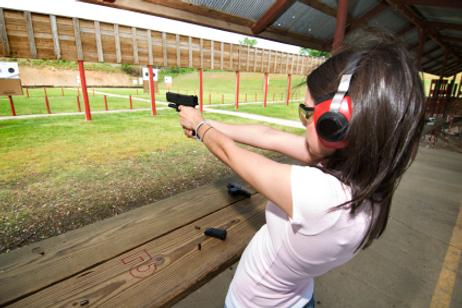
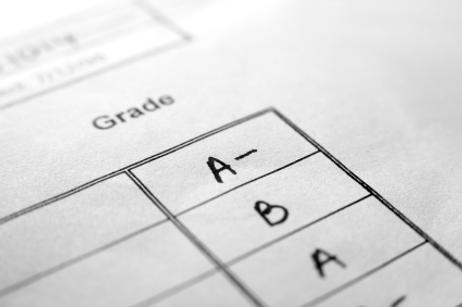
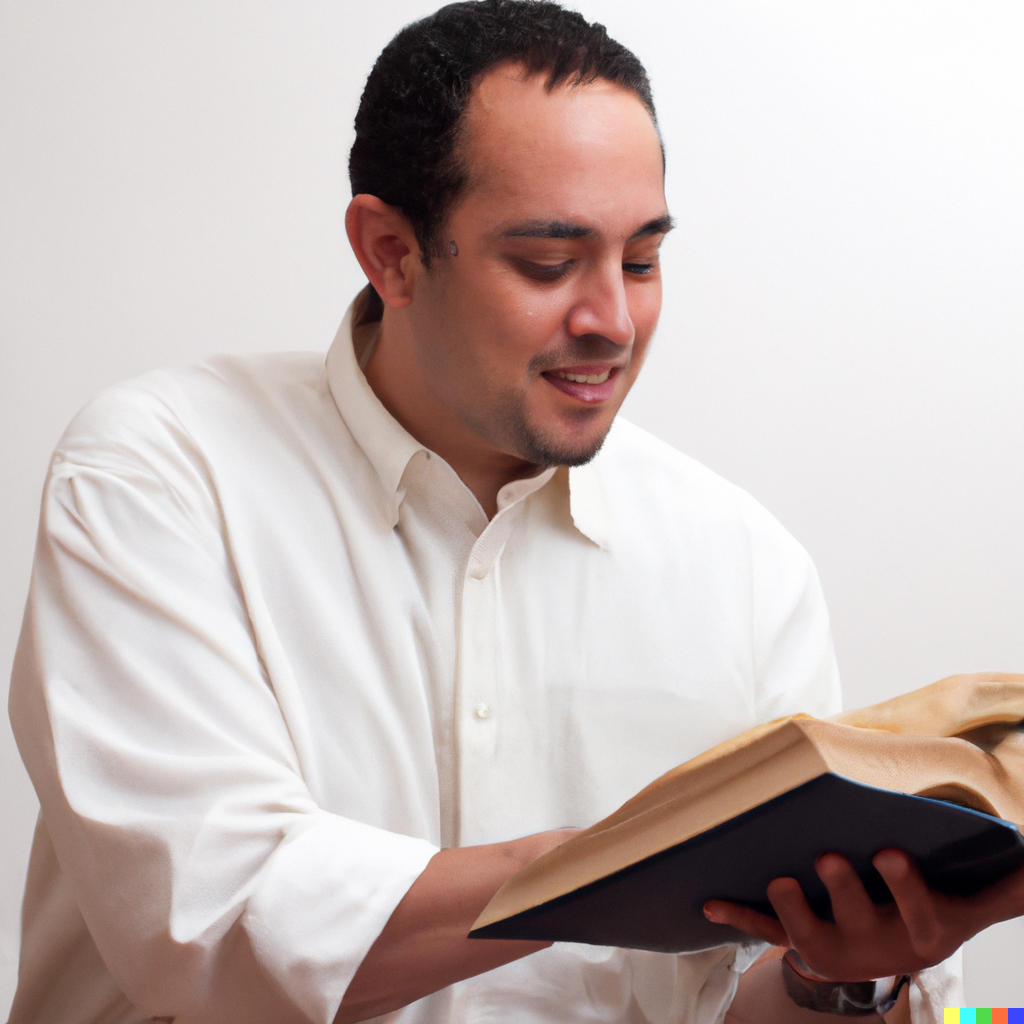 The Oklahoma legislature created the new method of grading schools to create “accountability and transparency among schools,” according to the
The Oklahoma legislature created the new method of grading schools to create “accountability and transparency among schools,” according to the 